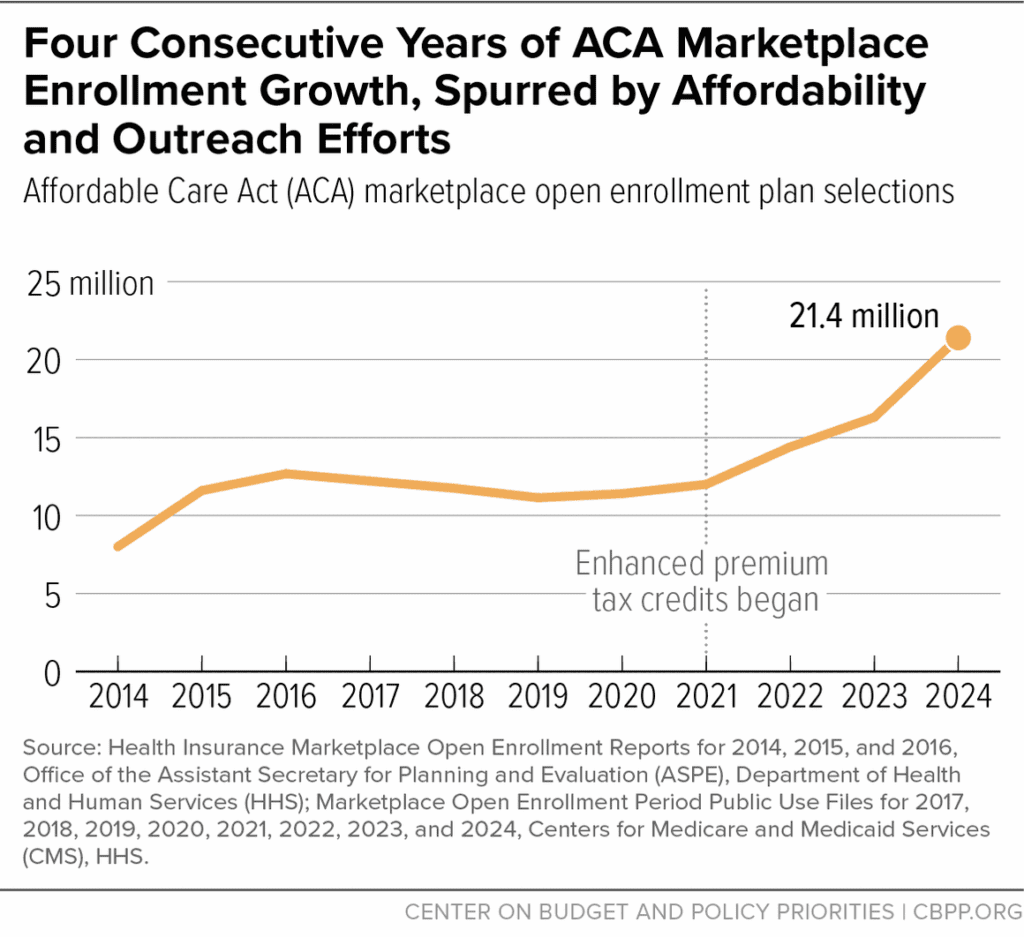Archive for July 2024
The psychotherapist’s persuasiveness: Relation to the working alliance and facilitative interpersonal skills.
Active mobility and mental health: A scoping review towards a healthier world
Impact of Supreme Court Chevron Decision on Health Policy
Reframing teacher professionalism in the era of postneoliberalism: the paradox of South Korean education reform
The Surprise Question and clinician-predicted prognosis: systematic review and meta-analysis
Shibumi: acerbic beauty of the aged face
Elevate your Career in Social Work with an LJMU Degree Apprenticeship
Understanding individualised genetic interventions as research-treatment hybrids
Behavioral Telehealth in Low-resource Primary Care Settings for Anxiety and Depression in Youth (STEP-UP)
Emotion-focused therapy for women with premenstrual dysphoric disorder: a randomized clinical controlled trial
Knowledge gaps in existing research exploring sexual fluidity and mental health among young adults
Effectiveness of behavioural interventions with motivational interviewing on physical activity outcomes in adults: systematic review and meta-analysis
Arizona Faces Sweeping Budget Cuts, Driven by Flat Tax and Private School Vouchers
A home-based telehealth randomized controlled trial of skills training in affective and interpersonal regulation versus present-centered therapy for women veterans who have experienced military sexual trauma.
Cognitive function in adolescence and the risk of early-onset stroke
Marcel Réja and theatre therapy

Testing effects for self-generated versus experimenter-provided questions.
Hidden consequences of political discourse at work: How and why ambient political conversations impact employee outcomes.
Epidemiological impact of Neisseria gonorrhoeae and Chlamydia trachomatis screening in men having sex with men: a modelling study
Record Numbers of People Chose ACA Marketplace Coverage for 2024

Industry response to New Zealands vaping regulations
Epidemiological analysis of fatal and non-fatal firearm injuries occurring in gun establishments in the United States, 2015-2022
Consequences of ‘medical exceptions in restrictive abortion legislation: caesarean scar ectopic pregnancy and beyond
Stigmatization of anorexia nervosa versus atypical anorexia nervosa: An experimental study.
The dual-process approach to human sociality: Meta-analytic evidence for a theory of internalized heuristics for self-preservation.
Evaluation of the StigmaWatch program’s impact on media portrayals of suicide and mental illness.
Correction to “The dual-process approach to human sociality: Meta-analytic evidence for a theory of internalized heuristics for self-preservation” by Capraro (2024).
Disclosing mental illness to share or test stigma? Disclosure motivations and disclosure directness.
The effect of configural processing on mentalization.
Improving student outcomes through interprofessional and interagency collaboration.
Collaborative mental health for children: Perspectives of school and clinical psychologists.
Protective factors for multiple forms of interpersonal violence experienced by adolescent Latinas.
Patterns of Latina mothers’ emotion-related beliefs and behaviors: Associations with consejos in the family.
Importance, quality, and engagement: School mental health providers’ perceptions regarding within-district transition care coordination practices.
PlanoUp!: A pilot program for the identification and treatment of depression for youth in low-income secondary schools.
Examining the role of identity development and cultural stressors in the establishment of a U.S. identity among Hispanic/Latinx college students.
Migration and health: the hidden global public health crisis
Canada: Registered retirement savings plan contributions, 2022
Gender, Advice, and the Candidacy Gap in American Politics
‘A Well-Trained Wife’ unpacks life in Christian patriarchy

When Tia Levings married at 19 years old, she achieved what her Baptist church had endorsed as her life’s highest calling: becoming a Christian wife. But as her husband embraced the teachings of the Christian patriarchy movement, she became governed by a list of rules she hadn’t bargained for. Her husband controlled her clothing, censored her reading list, demanded to be called “my lord” and subjected her to “physical discipline” — all in the name of Christ.